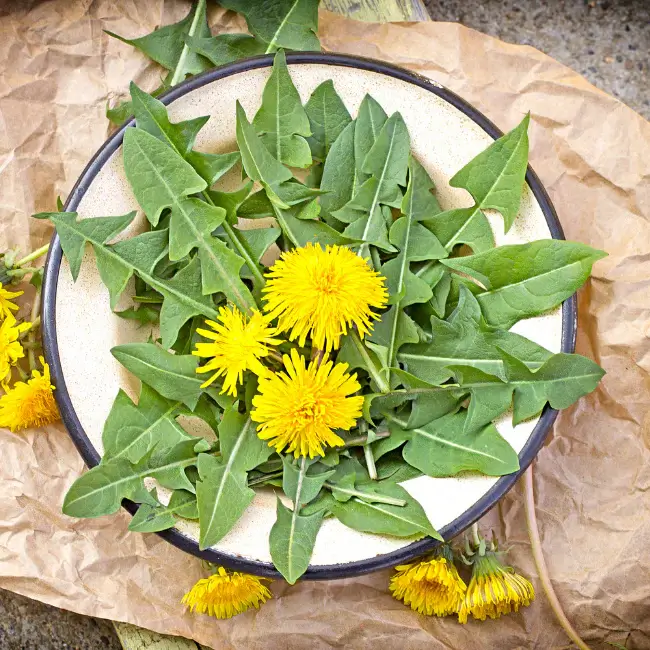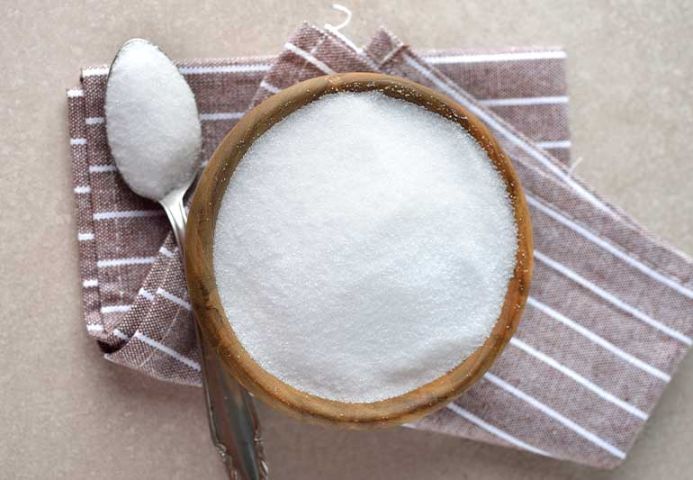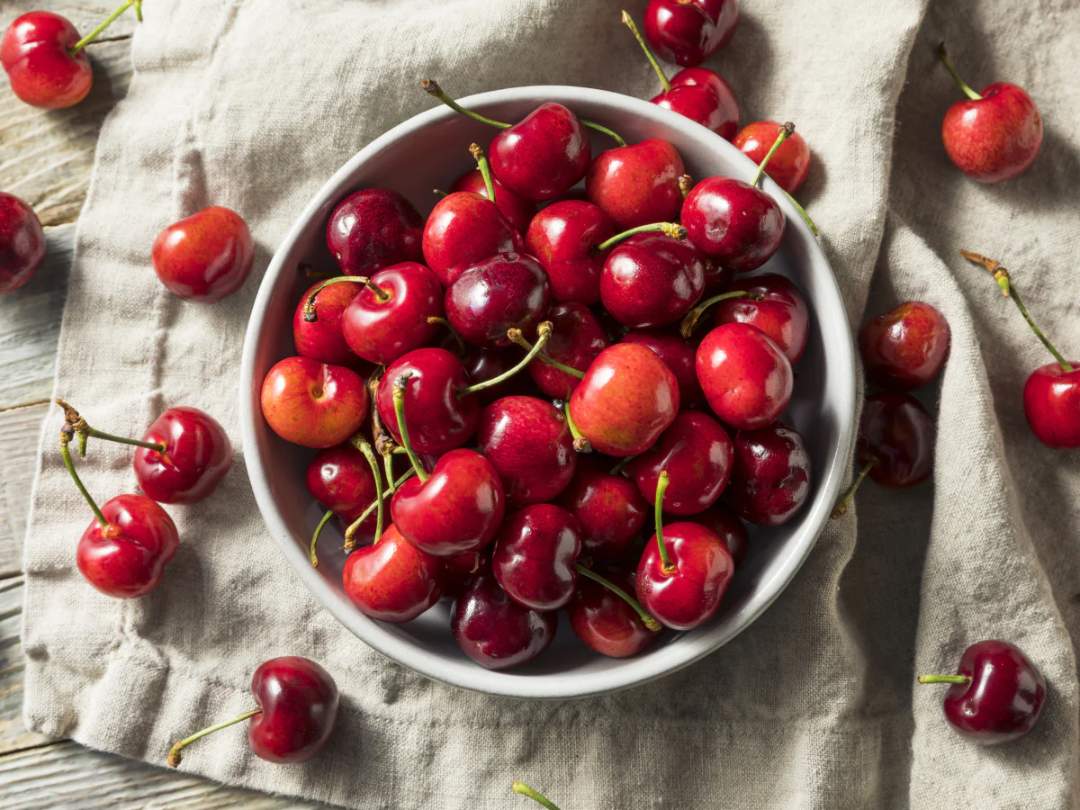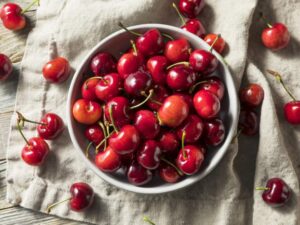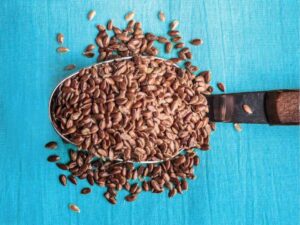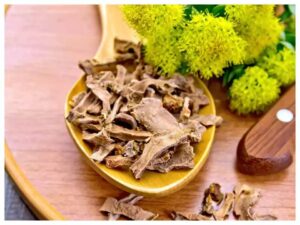Unearthing Dandelion’s Legacy
Age-Old Wisdom of Dandelions
The dandelion, a botanical enigma scientifically known as Taraxacum officinale, is a ubiquitous weed that is often perceived as a bane in gardens and lawns. But, its story transcends far beyond the realms of contemporary gardening troubles. The dandelion has been a repository of culinary and medicinal knowledge for millennia.
In the bygone era, the dandelion was held in high esteem in traditional healing practices. The ancient Egyptians regarded it as a panacea for digestive and hepatic afflictions. The Chinese, too, leveraged its therapeutic potential by using it to enhance liver function and as a diuretic.
Crossing Over to Europe
As trade routes broadened, the dandelion made its way to Europe where it rapidly gained popularity as a herbal remedy. The first written account of dandelions in Europe dates back to the 12th century, and it was employed to treat a wide array of ailments, from digestive complaints to skin irritations and joint pains.
Pioneering Scientific Endeavors
In the 17th and 18th centuries, dandelions were the subject of intense scientific scrutiny for their medicinal properties. The first scientific study on dandelions was published in 1633 by French botanist Jean Robin, who meticulously documented the plant and its properties, including its therapeutic benefits.
In the late 18th and early 19th centuries, the dandelion rose to prominence as a crucial component of the European pharmacopeia. It was used to treat a diverse range of conditions, such as jaundice, diabetes, and digestive issues, and its popularity as a remedy continued to surge. By the late 19th century, dandelions had become a staple ingredient in tonics and remedies sold in European pharmacies.
Contemporary Research and Applications
In the 20th century, dandelions were subjected to extensive research for their chemical composition and therapeutic properties. Today, dandelions continue to be used for medicinal purposes, and contemporary research has validated many of the traditional uses of the plant.
Studies have revealed that dandelions possess anti-inflammatory, antioxidant, and liver-protective properties, and are a rich source of vitamins and minerals, including vitamins A, C, and K, and potassium.
In modern medicine, dandelions have been employed to treat conditions such as hypertension, liver problems, and digestive disorders. In traditional medicine, they have been used to combat cancer and bolster the immune system.

The Perplexing Power of Dandelion for Health
The Nutritious Nature of Dandelion
Dandelion, a low-caloric but nutrient-rich food, is a fantastic ally in the quest for weight loss. A 100-gram serving of dandelion greens boasts a remarkable nutritional profile, including:
- Vitamin A: An impressive 10% of the Recommended Daily Intake (RDI)
- Vitamin C: A robust 25% of the RDI
- Vitamin K: An awe-inspiring 717% of the RDI
- Folate: 5% of the RDI
- Calcium: 5% of the RDI
- Iron: 6% of the RDI
Moreover, dandelion greens are abundant in antioxidants, effectively shielding the body against oxidative stress and deterring the onset of chronic illnesses.
The Digestive Dynamics of Dandelion
Dandelion is a harbinger of digestive health, with several benefits to offer. This plant functions as a natural diuretic, augmenting the production of urine and ridding the body of excess fluids, thereby reducing bloating, alleviating constipation, and enhancing digestive performance.
Additionally, dandelion root serves as a natural liver tonic, purifying and fortifying the liver, which plays a crucial role in removing toxins from the body. By enhancing the liver’s functionality, dandelion root can significantly improve digestion and overall health.
The Liver-Loving Properties of Dandelion
As previously mentioned, dandelion root is a natural liver tonic, exhibiting a multitude of benefits for liver health. For instance, dandelion root has been found to increase bile production, enhancing the liver’s ability to eliminate toxins from the body.
Furthermore, dandelion root displays anti-inflammatory properties, reducing inflammation in the liver and preventing liver damage, particularly for individuals with liver diseases such as hepatitis and cirrhosis, slowing the progression of the disease and enhancing liver function.
The Diabetic-Friendly Characteristics of Dandelion
Dandelion is also a friend to those with diabetes, exhibiting blood-sugar-lowering effects, regulating blood sugar levels and enhancing glucose metabolism.
Additionally, dandelion root displays anti-inflammatory properties, reducing inflammation and oxidative stress in the body, thereby deterring the development of diabetes-related complications, including heart disease, nerve damage, and kidney damage.
The Anti-Cancer Capabilities of Dandelion
Dandelion also possesses anti-cancer properties, exhibiting anti-inflammatory effects, reducing inflammation and oxidative stress in the body, preventing the development of cancer and slowing the progression of existing cancer.
Furthermore, dandelion root displays anti-tumor effects, shrinking existing tumors and inhibiting the spread of cancer, significantly improving survival chances and reducing the risk of recurrence, particularly for individuals with cancer.
The Skin-Soothing Benefits of Dandelion
Dandelion also provides benefits for skin health, rich in antioxidants, protecting the skin against oxidative stress and preventing the onset of wrinkles, fine lines, and other signs of aging.
Additionally, dandelion root displays anti-inflammatory properties, reducing inflammation and soothing irritated skin, particularly helpful for individuals with skin conditions such as acne, eczema, and psoriasis, reducing redness, swelling, and itching.
The Conclusion
In conclusion, dandelion is a powerhouse of health benefits, from its leaves to its roots, every part of the plant can be utilized for its health benefits, including improved digestion, liver function, blood sugar control, cancer prevention, and skin health. So, the next time you encounter a dandelion growing in your yard, don’t dismiss it as just another weed – embrace its incredible health benefits and harness its perplexing power for a healthier you!
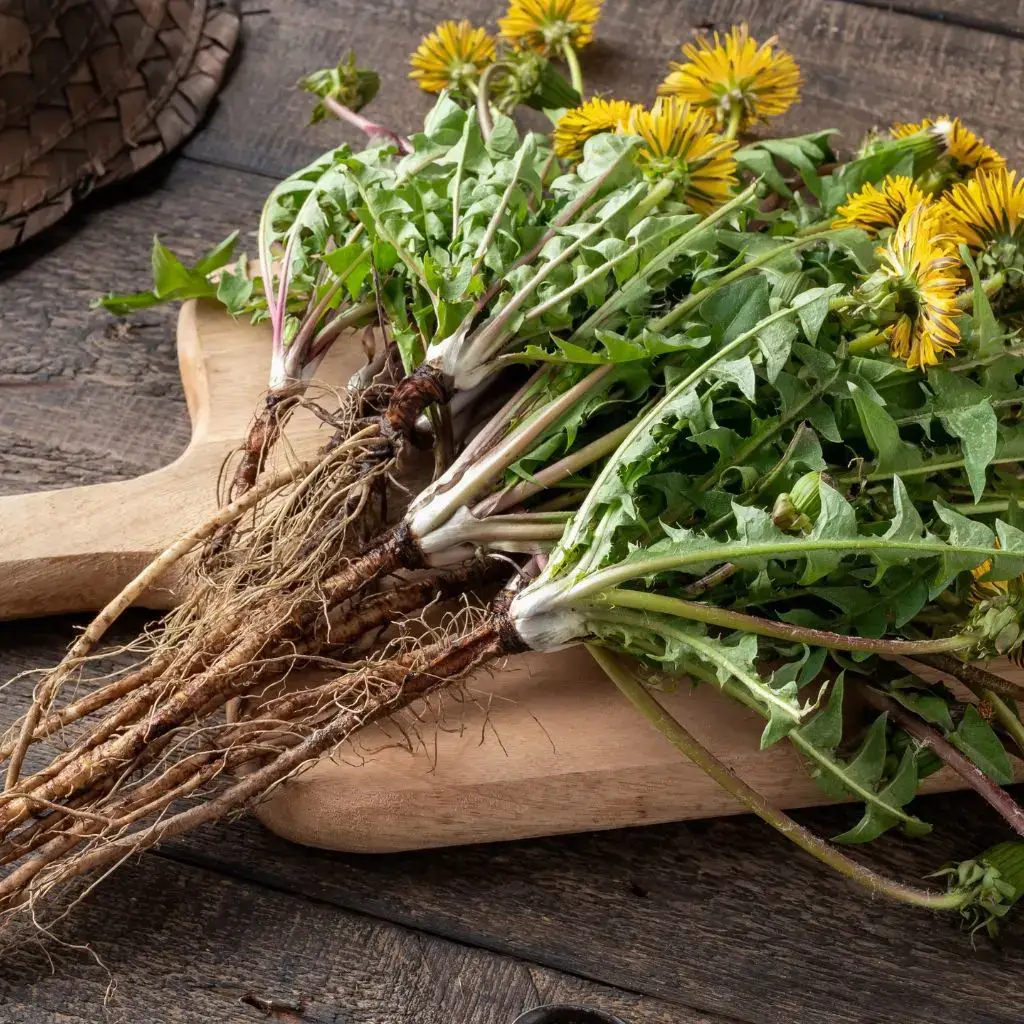
The Composition of Dandelion’s Nutritional Elements
A Complex Array of Vitamins and Minerals
The leaves of dandelion present an abundant source of vitamins and minerals, encompassing vitamins A, C, and K, as well as the presence of minerals such as potassium, iron, and calcium. These crucial nutrients play a vital part in promoting overall health and well-being, and are integral to the diverse health benefits of dandelion.
Vitamin A, a crucial nutrient for eye health, skin health, and the immune system, is present in ample amounts. Vitamin C, a robust antioxidant, protects the body from damage inflicted by free radicals, while concurrently supporting the immune system. Vitamin K, vital for blood clotting and bone health, is also present in significant quantities.
Potassium, an indispensable element for maintaining heart health and regulating blood pressure, is also found in dandelion leaves. Iron, critical for the production of red blood cells, is present, along with calcium, crucial for robust bones and teeth.
An Embodiment of Antioxidants
Dandelion leaves are brimming with antioxidants, including polyphenols and carotenoids, compounds that help protect the body from the damage brought about by free radicals, and play a pivotal role in the plant’s anti-inflammatory and anti-cancer properties.
Inulin – A Fiber-rich Substance
The roots of the dandelion plant are a veritable treasure trove of inulin, a soluble fiber. This fiber offers numerous health benefits, such as enhancing digestion and promoting regularity, while simultaneously serving as a prebiotic, nourishing the beneficial bacteria in the gut and supporting a healthy gut microbiome.
Choline – A Nutrient for Brain and Liver Function
Dandelion leaves are a potent source of choline, a nutrient essential for brain health and liver function. Choline is also crucial for maintaining healthy cell membranes and is involved in the production of neurotransmitters.
Taraxacin – A Bitter Substance with Surprising Health Benefits
The roots of the dandelion plant contain taraxacin, a bitter substance that has been found to possess diverse health benefits. Taraxacin has been demonstrated to have a mild laxative effect and may also possess anti-inflammatory and anti-cancer properties.
Sesquiterpene Lactones – Compounds with Anti-inflammatory and Anti-cancer Properties
The leaves of dandelion contain sesquiterpene lactones, compounds that have been shown to possess anti-inflammatory and anti-cancer properties, and are also responsible for the plant’s bitter taste.

The Health Benefits of Dandelion
Dandelion is a plant that boasts a multitude of health benefits, owing to the presence of vitamins, minerals, antioxidants, and other compounds.
The vitamins and minerals found in dandelion leaves provide comprehensive support to the overall health and well-being of the body, while also helping to protect against various diseases. The antioxidants present in the plant work to counteract the damage caused by free radicals, and play a crucial role in the plant’s anti-inflammatory and anti-cancer properties.
The roots of the dandelion plant contain inulin, a soluble fiber that promotes digestive health and regularity. The leaves of the plant are rich in choline, a nutrient essential for brain health and liver function, and also involved in neurotransmitter production.
The root of the dandelion plant contains taraxacin, which has a mild laxative effect and may also possess anti-inflammatory and anti-cancer properties. The leaves of the plant contain sesquiterpene lactones, compounds that have anti-inflammatory and anti-cancer properties and are responsible for the plant’s bitter taste.
In conclusion, the various nutritional components and core ingredients of dandelion work in tandem to offer a wide range of health benefits, making it a valuable addition to any diet aimed at promoting overall health and well-being.
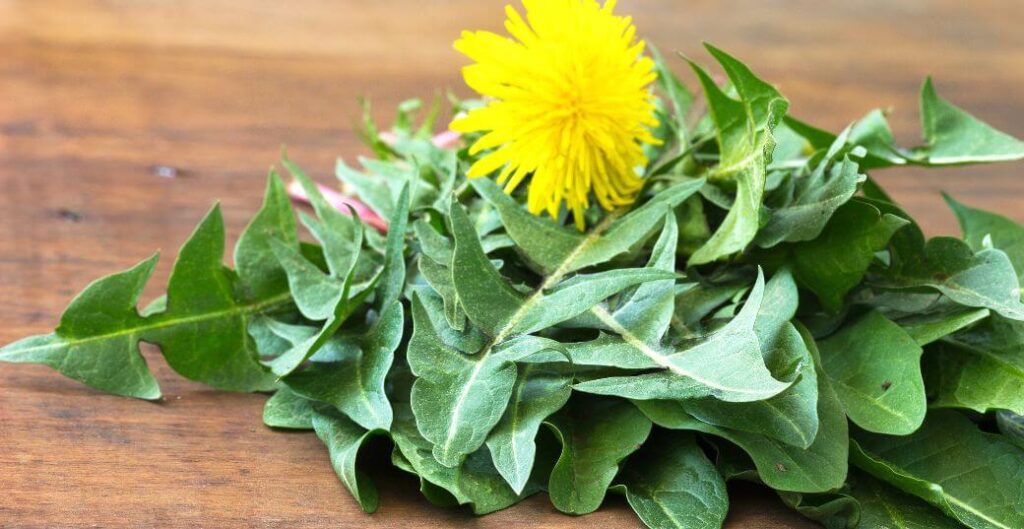
Exotic Techniques for Partaking Dandelion
Dandelion, a multifaceted flora, can be savored in an array of methods, presenting a spectrum of health advantages. Whether it’s the leaves, roots, or flowers you choose to cook with, or the utilization of supplements, there is a plethora of options to aid in the integration of this salubrious plant into your nourishment regimen.
Gastronomic Adventures with Dandelion
One of the most sought-after ways to consume dandelion is through the art of cooking with its leaves, roots, or flowers. Here are a few of the most frequently employed methods to ready dandelion for the culinary experience:
Dandelion Greens
Dandelion greens can be integrated into an assortment of dishes, from salads to sautés. They bear a slight bitter taste, hence their common pairing with sweeter elements, such as fruit or honey. To prepare dandelion greens, simply rinse and chop the leaves, then incorporate them into your preferred recipes.
Dandelion Root Coffee
The roots of the dandelion plant can undergo roasting and grinding to produce a caffeine-free coffee substitute. To brew dandelion root coffee, simply roast the roots in the oven until they emit a fragrant aroma, then grind them into a powder. Add hot water to the powder to brew a cup of coffee.
Dandelion Flower Fritters
The yellow flowers of the dandelion plant can undergo battering and frying to create a sweet and crunchy snack. To make dandelion flower fritters, simply mix flour, sugar, and baking powder, then add water to form a batter. Dip the flowers in the batter, then fry until they turn golden brown. Serve with a sprinkle of sugar or your preferred dipping sauce.
Supplementary Consumption
Another way to partake in dandelion is through the consumption of supplements, which come in various forms, such as capsules, tablets, and teas. Here are a few of the most popular dandelion supplements:
Dandelion Root Capsules
Dandelion root capsules are a convenient means of obtaining the health benefits of the roots of the dandelion plant. These capsules are typically fabricated from dried and powdered dandelion root, and come in different potencies.
Dandelion Leaf Tablets
Dandelion leaf tablets are another convenient means of availing the benefits of the leaves of the dandelion plant. These tablets are usually fabricated from dried and powdered dandelion leaves, and come in different potencies.
Dandelion Tea
Dandelion tea is a straightforward and effortless way to consume the leaves of the dandelion plant. Simply steep dried dandelion leaves in hot water for several minutes, then strain and drink. Dandelion tea can be consumed hot or chilled, and comes in various blends, including blends with other herbs and spices.
Selecting the Appropriate Technique
In terms of consuming dandelion, the ideal method for you will depend on your personal preferences and health objectives. If you relish cooking and aim to incorporate the plant into your diet in a fun and flavorful way, cooking with dandelion is an excellent option.
If you seek a convenient and easy way to benefit from dandelion, taking a supplement is a wise choice. Supplements come in a range of potencies and forms, making it easy to find the one that’s suitable for you.
Irrespective of the method of your choice, incorporating dandelion into your diet can contribute to your overall health and well-being. With its multitude of health benefits, this versatile plant is a valuable addition to any diet, providing a unique and nutritious experience for your taste buds and health alike. So why not embark on this gastronomic journey and explore the different methods of consuming dandelion today!
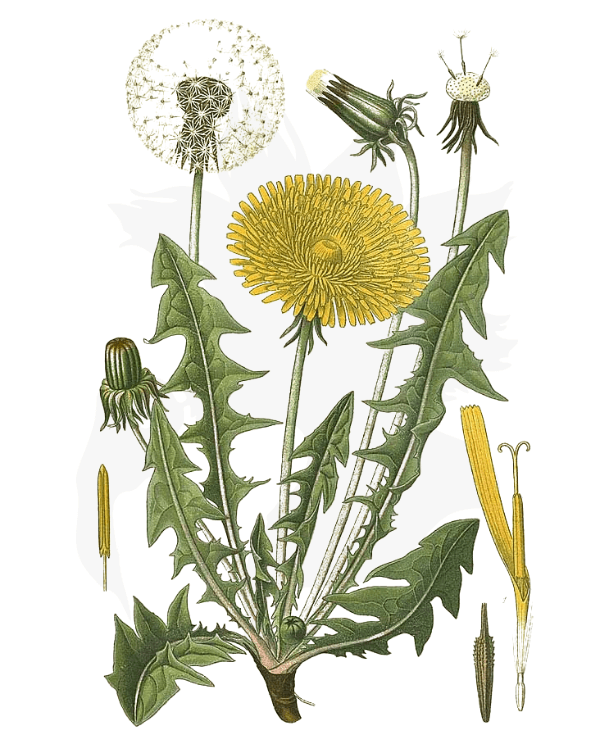
Perplexing Probabilities and Precautions Regarding Dandelion Intake
While dandelion, a natural herb with various health advantages, is widely considered safe, there exist some unforeseen side effects and situations in which it’s best to abstain from consumption. Grasping these potential consequences and when to steer clear of dandelion can guarantee that you are utilizing this plant in a secure and efficient manner.
Unintended Effects
One of the most frequently observed side effects of dandelion is digestive discomfort. This could be due to the bitter flavor of the leaves or the diuretic properties of the plant, which can escalate urine output and result in dehydration. To prevent stomach discomfort, it’s advisable to initiate with a small dose of dandelion and gradually increase the quantity over time.
Another potential side effect of dandelion is an allergic response. Some individuals may be allergic to dandelion and experience symptoms such as itching, rashes, or hives. If you experience any of these symptoms after taking dandelion, it’s crucial to discontinue consumption and seek medical attention.
Interactions with Pharmaceuticals
In addition to the potential side effects of dandelion, it’s crucial to consider the interactions that dandelion may have with other medications. Dandelion can interfere with specific medications, including diuretics, blood thinners, and diabetes medications. If you are taking any of these medications, it’s vital to consult with your physician before taking dandelion to ensure it’s safe for you to do so.
Pregnancy and Lactation
Pregnant and breastfeeding women should avoid taking dandelion, as there is inadequate information available to determine the safety of the plant for these populations. If you are pregnant or breastfeeding, it’s best to consult with your physician before taking dandelion, or any other natural remedy, to ensure it’s safe for you to do so.
The Pharmaceutical Interactions of Dandelion
Dandelion, a popular herbal supplement, has the potential to interact with specific medications. This is because dandelion acts as a diuretic, elevating urine output and facilitating the elimination of excess fluids from the body. This can impact the absorption and efficacy of certain medications, particularly those processed by the kidneys.
Some of the most common pharmaceutical interactions associated with dandelion include:
- Blood thinners: Dandelion may escalate the risk of bleeding in individuals taking blood thinners, such as warfarin.
- Diuretics: Consuming dandelion with other diuretics may escalate the risk of dehydration and electrolyte imbalances.
- Medications for diabetes: Dandelion may affect blood sugar levels, which can be dangerous for individuals taking diabetes medications.
- Lithium: Dandelion may escalate the elimination of lithium, potentially reducing the effectiveness of the medication.
- Other medications: Dandelion may interact with a range of other medications, including those used to treat high blood pressure, heart conditions, and certain infections.
It’s crucial to always consult with your physician before taking dandelion, or any other herbal supplement, if you are taking medications. Your doctor can assist in ensuring the supplement is safe for you to consume and can provide advice on any necessary dose adjustments.
- MedlinePlus: https://medlineplus.gov/druginfo/natural/967.html
- WebMD: https://www.webmd.com/vitamins/ai/ingredientmono-706/dandelion
- National Center for Complementary and Integrative Health (NCCIH): https://www.nccih.nih.gov/health/dandelion
- Memorial Sloan Kettering Cancer Center: https://www.mskcc.org/cancer-care/integrative-medicine/herbs/dandelion
- Examine: https://examine.com/supplements/dandelion/
- Drugs.com: https://www.drugs.com/npc/dandelion.html
